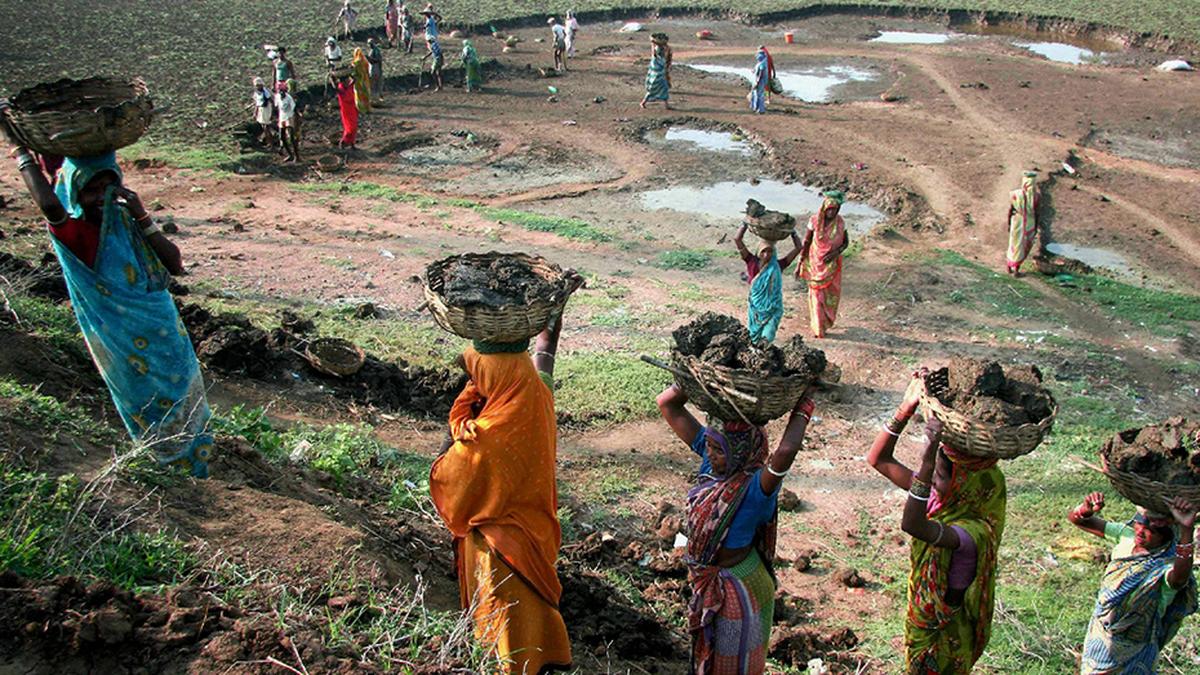
Mphasis F1 Foundation, The/Nudge Institute announce ₹6.5 crore prize challenge to create digital work opportunities for women
The Hindu
Digital Naukri is the fourth prize challenge by The/Nudge Institute in a series of grand challenges that focus on scalable solutions for complex livelihood challenges, ensuring urgency and a sharp focus on supporting the vulnerable segments of society.
Mphasis F1 Foundation and The/Nudge Institute have announced the launch of the ‘Digital Naukri Challenge’, with the goal of creating and showcasing digital work opportunities for one million women by 2030.
With a prize purse of ₹6.5 crore and a duration spanning 20 months, the challenge invited tech start-ups and innovators across digital work organisations, IT/ITES, BPO, tech outsourcing companies, Job Access Platforms, digital/tech skilling organisations and beyond to discover disruptive, tech-first, and population-scale solutions to unlock gainful employment opportunities for more women in India.
Once a cohort of 8-10 organisations is selected from the applicant pool, they kickstart their 20-month journey of developing and testing their idea for scalability and retention, among other outcomes. During this process, they can access support from an eminent group of investors, research, and implementation partners, advisors, academia, and policymakers, including the Office of the Principal Scientific Adviser, Government of India.
Digital Naukri is the fourth prize challenge by The/Nudge Institute in a series of grand challenges that focus on scalable solutions for complex livelihood challenges, ensuring urgency and a sharp focus on supporting the vulnerable segments of society.
While women form an essential part of India’s economic growth story, India’s female labour force participation rate is only 37%. In urban India, for instance, the labour force participation rate for single women aged 25-29 is 60%, as compared to an abysmal 20% among their married counterparts. Interestingly, at least a third of housewives have expressed an interest in formal employment, according to The/Nudge Institute.













